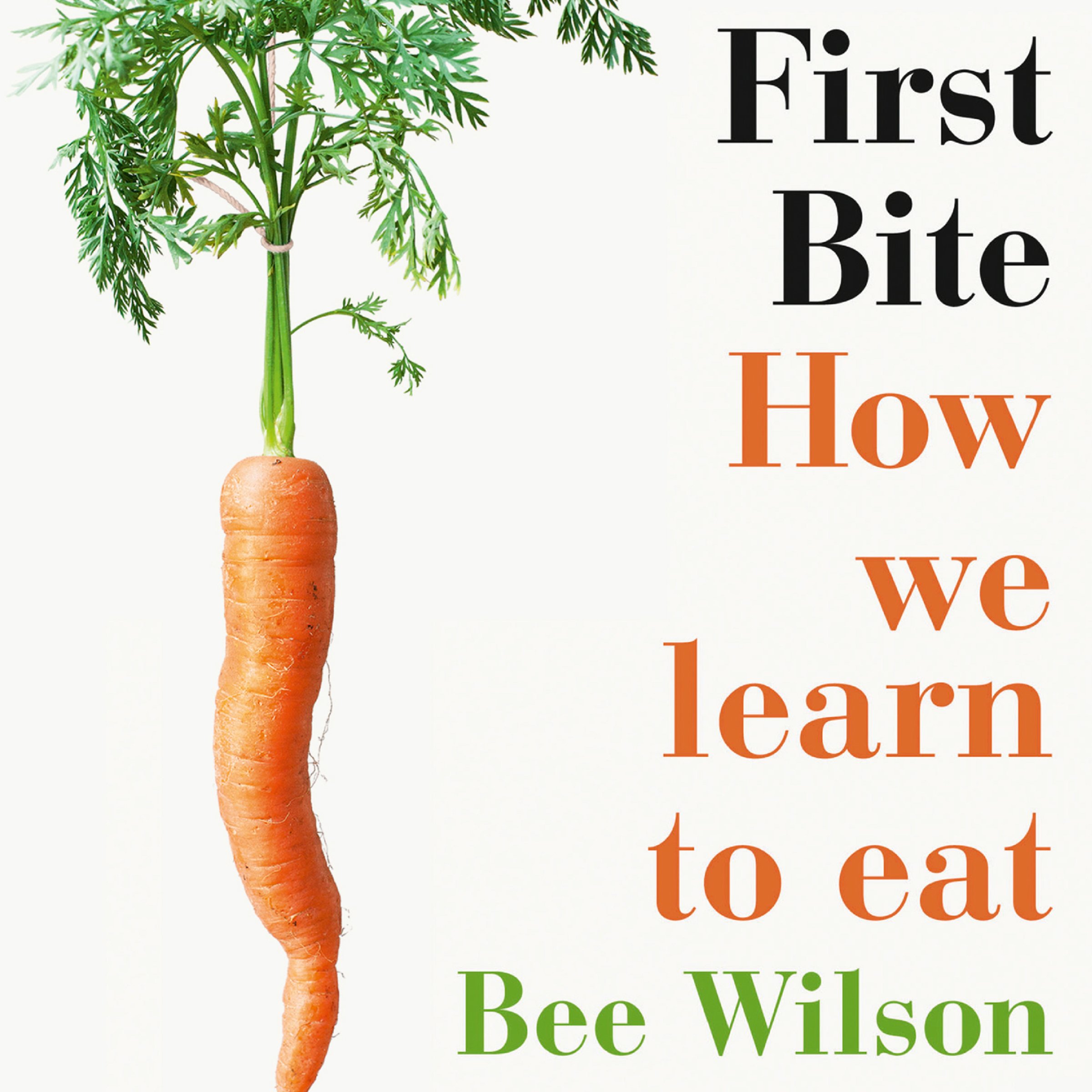This is an informative book about eating: about how taste preferences are formed, and how we can change them, and why it's so hard to start eating healthily when you're used to the opposite, and about eating disorders and their treatment. One of the things I learned from this book is that I do not enjoy reading about eating for nearly 300 pages, so if you love foodie books, your rating will likely be higher than mine. Those three stars represent my level of enjoyment rather than the quality of the book.
In case you, too, are unlikely to read the entire book, here's the short version. Tastes are developed, not inborn (as anyone who's ever deliberately cultivated a taste for something you once disliked knows). So, anyone can learn to like healthy food – which is what anyone who wants to eat healthier must do, because nobody sticks with a diet that feels like punishment at every meal. The best way to develop good taste in children is to start very young: babies are particularly open to new flavors at 4–7 months of age. But once you're past that, let children choose among healthy foods without forcing anything down their throats, and keep offering small amounts until they start to like it. This actually works at any age, even for extremely picky eaters.
But the way we eat in the first world has gone badly wrong, with an abundance of cheap food offering poor nutrition. It doesn't help that our methods of training children to eat are inherited from a time when famine, rather than obesity, was the primary danger: hence the fact that "cleaning your plate" is considered virtuous. People are healthier when they regulate their eating based on actual hunger, rather than external cues like portion size, or dealing with emotions by eating.
If you are going to read a book related to diet in some way, I suspect that this is the sanest option you'll find: the author isn't pushing any particular diet, or cutting out any category of food entirely. She does recommend eating primarily fruits and veggies and limiting the processed foods (which I think all can agree is the healthiest way to eat), but focuses on the importance of finding dishes you enjoy, and then expanding that list – nobody likes everything, which is okay. And enjoying a slice of cake every now and then won't hurt you, though a diet primarily based on processed and sugary foods likely will.
So I certainly found some interesting material here, and I think it's useful information for anyone looking to improve their own diet, and especially for parents who want to teach their children to eat right. It will be an interesting read also for foodies interested in the historical and scientific information the author presents; Wilson provides a good historical overview of the topic and discusses many relevant studies. However, I found the book a little padded and longer than necessary, as a reader who was interested in the information but didn't relish the time spent reading it. For the only book about food and eating that I'm likely to read, though, it seems like a good choice.

